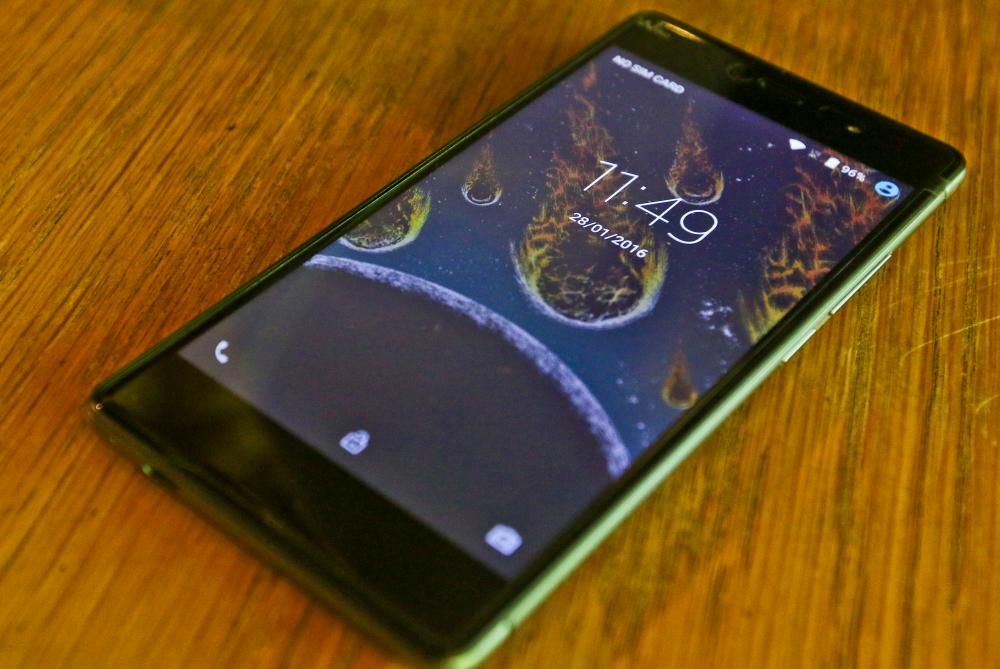PETALING JAYA: Malaysia Organisation of Psychospiritual Wellbeing deputy chairman Dr Adnan Omar has expressed concern about the growing prevalence of nomophobia, which is the fear of being without a mobile phone.
German online data platform Statista said a 2022 study revealed 88.79% of Malaysians use smartphones while a 2022 Statistics Department report said 96.85% have internet and 11.8 million Malaysians aged 15 and above use mobile data to access it.
Adnan said nomophobia, which is short for “no mobile phone phobia”, has become a psychological issue among Malaysians and the constant use of mobile phones could lead to addiction, stress, anxiety and depression.
“It affects all aspects of relationships as nomophobic individuals spend too much time on their phones and have limited interactions with others.”
Citing a 2019 World Health Organisation report, Adnan said internet addiction is classified as a mental disorder alongside bipolar disorder, attention deficit disorder, obsessive compulsive disorder and schizophrenia.
He said the primary cause of nomophobia is the unlimited and unsupervised use of mobile phones and social media, especially among youth and children.
“Initially, social media was used for work, academics and family related matters. However, it has expanded to include various apps, which has transformed the internet into a major money making enterprise.”
He said the shift has particularly affected children, who spend substantial hours each day on the internet, in line with the belief that they need to learn and develop knowledge and skills according to their age.
“When children use the internet and social media, it is not for work purposes. Some may use it for schoolwork but for secondary school students, the internet is not an essential academic tool.
“Since their social and family circles are small, their use of the internet for family functions is limited. If not for work, academics or family issues, what are they using the internet for?”
Adnan said addressing nomophobia requires a concerted effort by parents, educators and mental health professionals to ensure balanced and healthy use of technology.
He said parents must take necessary steps, adding that free, unlimited and unsupervised internet and mobile phone use is irresponsible and unhealthy parenting.
“Establish guidelines for internet use and schedule proper times for children to use it. Always check the browsing history and ensure children understand the consequences of unhealthy internet use.”
He said parents who need to work online should inform their children about it or invite them to observe so that they could learn healthy internet and social media use from the online activities of their parents.
“Be the person you want your children to be. Create regular offline activities with your children. Take them outdoors but also engage with them through indoor activities to prevent them from becoming nomophobic.”
He added that a “digital detox” is encouraged for working adults, especially parents, to maintain mental and physical health.
“Refrain from using smartphones, televisions, computers, tablets and even social media sites for a time. Detoxing from digital devices presents a healthy way to focus on real life social interactions.”









